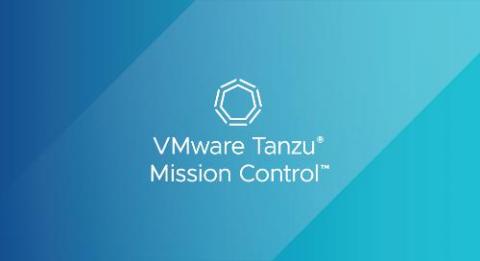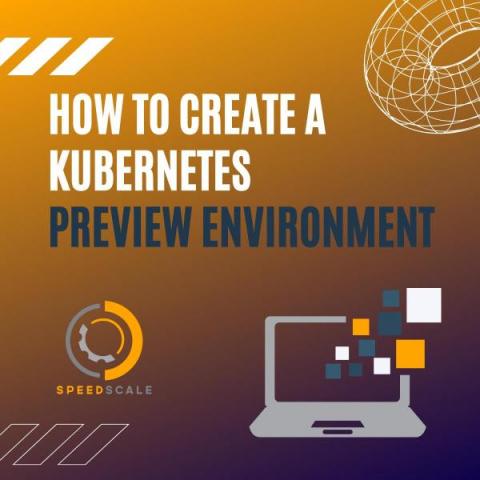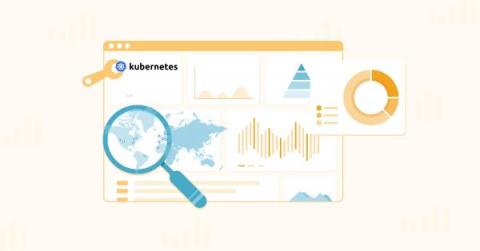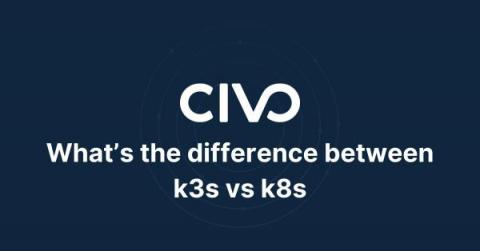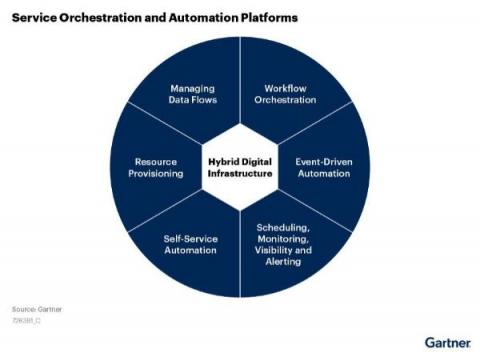Terraform, GitOps, Helm: Automation and package management with VMware Tanzu Mission Control
Sneha Narang, Carol Pereira, and Lauren Britton contributed to this blog post. Kubernetes adoption is on the rise because it helps organizations improve software development with increased flexibility and efficiency while controlling cloud costs. In fact, our State of Kubernetes 2022 report shows 62 percent of respondents claiming that Kubernetes increases the flexibility of applications and 54 percent agreeing it offers better developer efficiency.


